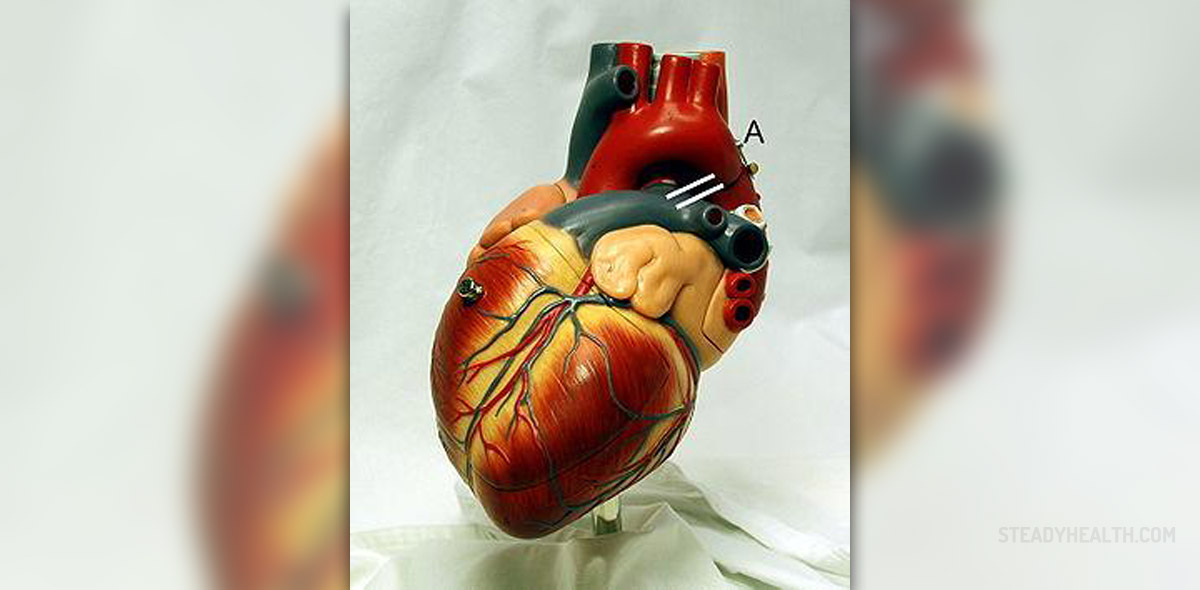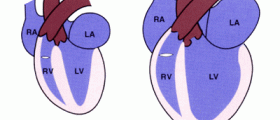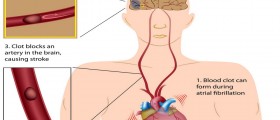
The heart is a vital, muscular organ positioned in the left part of the chest cavity. Its major role is to pump and supply oxygen-enriched blood to the rest of the body. The heart is divided into four chambers. The lower chambers are known as the right and left ventricle while upper chambers are called the right and left atrium. The right atrium and right ventricle pump de-oxygenated blood to the lungs while oxygen-rich blood is pumped by the left ventricle and left atria to other parts of the body.
What is Congestive Heart Failure?
Congestive heart failure occurs when the heart cannot efficiently pump the blood to other body organs and organ systems. It is commonly caused by an underlying medical condition brought on by poor lifestyle and dietary habits.
Congestive heart failure can be divided into four stages in which the heart’s ability to pump blood progressively decreases. This condition causes numerous distressing symptoms such as shortness of breath, dizziness, abnormal heart rhythm, extreme fatigue, fluid retention and reduced ability to exercise.
Congestive heart failure requires an early treatment in order to prevent potential complications. Let’s find out more about causes and complications of congestive heart failure.
What Causes Congestive Heart Failure?
The leading cause of congestive heart failure is coronary artery disease characterized by narrowed arteries due to fatty deposits on the arterial wall. Blood flow through narrowed arteries is slowed which slowly weakens the heart muscle. Congestive heart failure can also develop due to disorder of the heart valves.
High blood pressure or hypertension is another common cause of congestive heart failure. This condition hampers the ability of the heart to pump blood because the organ has to work harder and eventually thickens in order to compensate for increased pressure on the walls of the arteries. Over time, hypertension causes the heart to become too weak or too stiff to pump blood efficiently. The heart functioning can be also affected by pulmonary hypertension marked by elevated blood pressure in the artery that transports blood from the heart to the lungs.
A disease of the heart muscle, the condition called cardiomyopathy can also lead to congestive heart failure. Cardiomyopathy can be caused by heavy alcohol drinking, infections and autoimmune disorders or occur as a side effect of certain medications.
Complications of Congestive Heart Failure
Right-sided heart failure may cause fluid to accumulate in the abdomen, legs and feet. On the other hand, left-sided heart failure can cause congestion of the lungs. The accumulation of fluid can affect the kidneys resulting in increased risk for kidney failure.
Congestive heart failure in overweight people can lead to cardiac cachexia, which causes unintentional rapid loss of weight.
Irregular beating of the heart is another common complication of congestive heart failure. A heart attack or cardiac arrest may occur in people with congestive heart failure who also suffer from coronary artery disease.
Congestive heart failure can also lead to blood clot formation which increases the risk of stroke. And finally, congestive heart failure may cause liver damage and heart valve problems.

















Your thoughts on this
Loading...